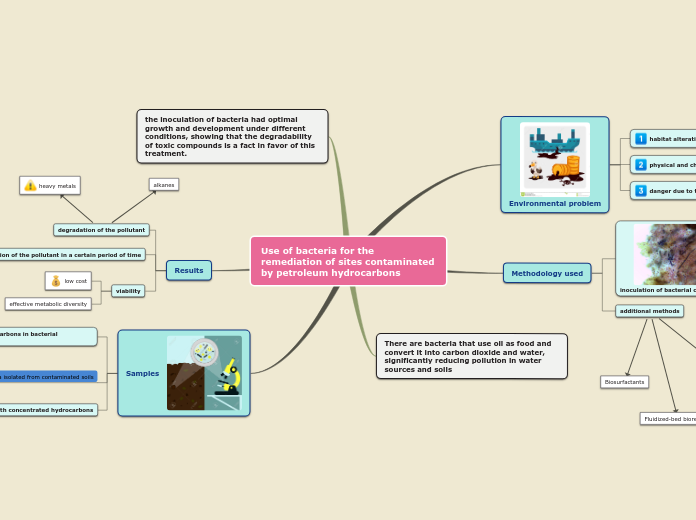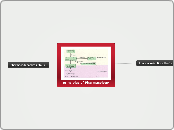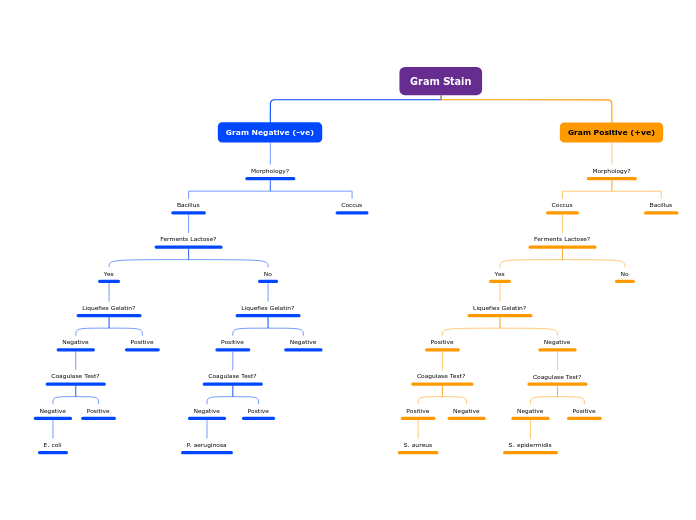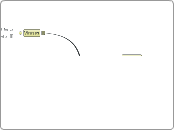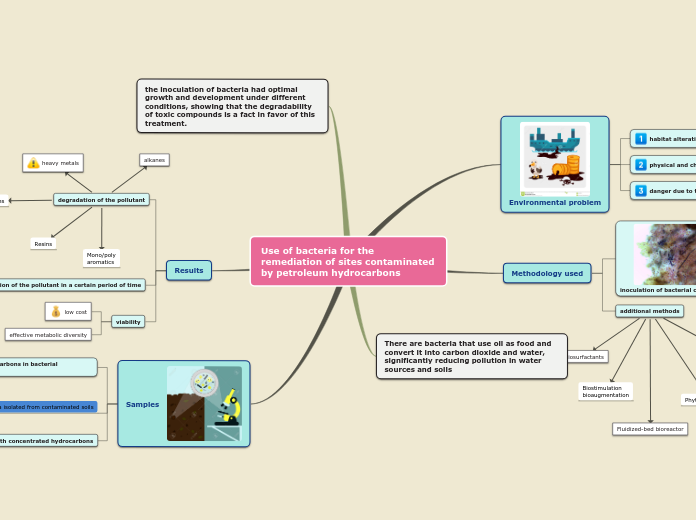por Diana Solano 4 anos atrás
278
Use of bacteria for the remediation of sites contaminated by petroleum hydrocarbons
The use of bacteria for bioremediation involves leveraging microbial communities to degrade petroleum hydrocarbons in contaminated sites. Different bacterial genera are inoculated and grown under various conditions to optimize the breakdown of toxic compounds.
